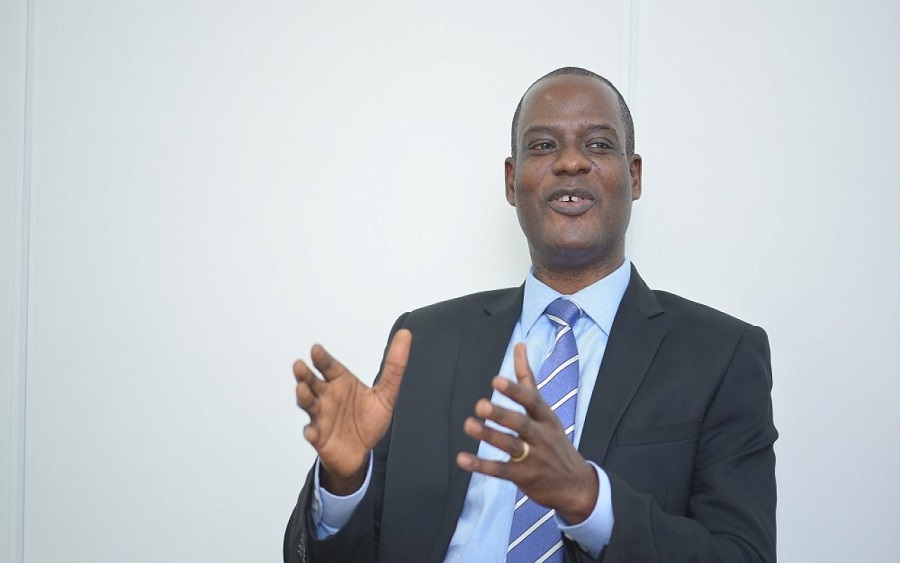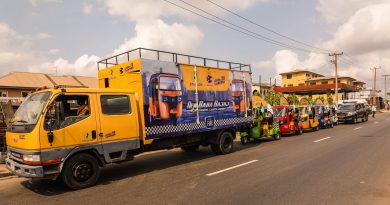Tax implications of new CBN cash withdrawal limits on individuals, MSMEs – Taiwo Oyedele
Fiscal policy partner and African tax leader at PricewaterhouseCoopers (PwC), Taiwo Oyedele, has explained the tax implications of the Central Bank of Nigeria (CBN)’s new policy on over-the-counter cash withdrawal limits as well as withdrawal limits for ATM and POS.
Oyedele revealed that the new cash withdrawal limit will have tax implications, especially for individuals and Micro Small and Medium Enterprises (MSMEs).
He noted that the policy will force many people to carry out transactions using electronic payments, with these small businesses that currently operate mostly on cash becoming visible to the tax authorities.
This was made known by Oyedele in a series of tweet posts on his official Twitter account, where he said that the policy will trigger tax obligations including income tax.
Likely tax implications
Oyedele stated, ‘’The new cash withdrawals limit will have tax implications, especially for individuals and MSMEs. As many people will be forced to carry out transactions using electronic payments, small businesses that currently operate mostly on cash will become visible to the tax authorities.
‘’This will trigger various tax obligations including Income tax.
‘’If your business is registered as a company you may be liable to Company Income Tax (CIT) depending on your annual turnover (i.e. no CIT if your turnover is below N25 million, 20% if your turnover is between N25 to N100 million, 30% if your turnover is more than N100 million) in addition to Education Tax at 2.5%.
If your business is not registered as a company then you will be liable to personal income tax based on graduated taxable income bands between 7% and 24%.’’
Going further, the tax expert said that all businesses are required to register for Value Added Tax (VAT) and charge 7.5% on their goods and services except those with annual turnover below N25 million.
As for Pay As You Earn (PAYE), Oyedele noted that all employees earning more than N30,000 per month are liable to PAYE which must be deducted and paid to the tax authority by the employer on a monthly basis. He said that these employees may also be liable to other statutory contributions such as pension depending on your staff strength.
He added that the more transactions that are made by these individuals, the more the tax authorities will get the intelligence to track their income and net worth making it easier to fish out those that are evading tax.
What to do
Oyedele listed some of the actions to be carried out by the government and regulatory authorities as well as taxpayers, to ensure the smooth operation of the policy. The steps to be taken include;
- Register with the relevant tax authorities (FIRS and the State Internal Revenue Service where you operate).
- Open a separate bank account for the business (or dedicate one for that purpose if you already have a business account) and don’t mix business with personal transactions.
- The government on its part needs to sensitize the general public, especially small business owners, and the CBN should ensure a proper handshake with the fiscal authorities. For instance, the conditions for excess cash withdrawals could include a Tax Identification Number.
For catch up
Recall that on December 6, 2022, the CBN in a new circular placed limits on over-the-counter cash withdrawals, Automated Teller Machine (ATM) withdrawals, and point of sale (PoS) withdrawals.
The apex bank in the new policy stated that deposit money banks and other financial institutions should ensure that over-the-counter cash withdrawals by individuals and corporate entities do not exceed N100, 000 and N500, 000, respectively, per week.
After the policy takes effect, all cash withdrawals above the stated limits will attract processing fees of 5% and 10%, respectively.





